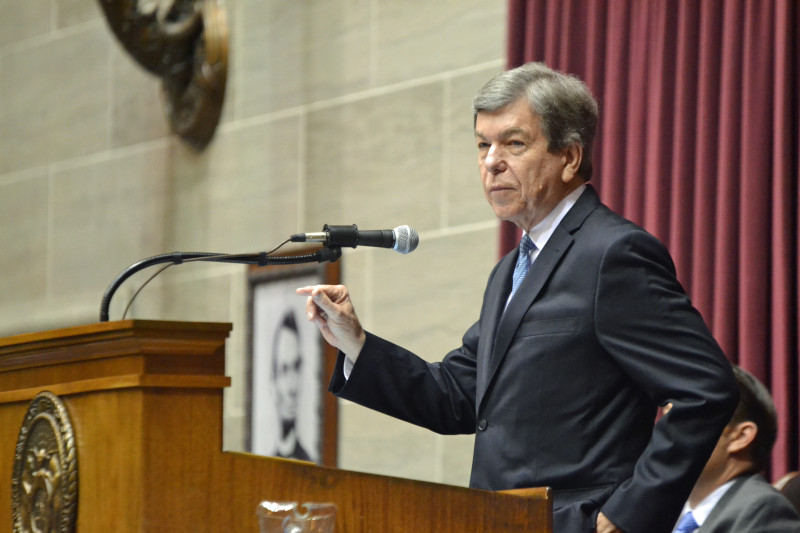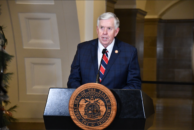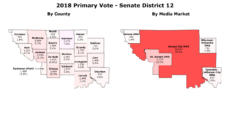While low power television (LPTV) stations are vulnerable to broadcast interference from larger stations, a bill co-sponsored by U.S. Senator Roy Blunt aims to offer them a chance at federal protection.
LPTV stations broadcast locally-produced or specialized programming through a weaker signal. These stations are not guaranteed protection from interference or disruption by full-powered stations through the Federal Communications Commission (FCC) due to their designation as secondary stations.
The Low Power Protection Act co-sponsored by Blunt and Oregon Senator Ron Wyden would allow LPTV stations to apply for Class A status protecting them from being bumped off the air.
“Local television stations play a unique and critical role in their communities, keeping viewers informed, entertained, and alerted in an emergency,” Blunt said. “The Low Power Protection Act would help ensure smaller stations, especially those in Missouri’s rural areas, are able to continue providing coverage that people depend on. I appreciate Senator Wyden’s partnership in this effort and the strong support the bill has received from local, state, and national broadcasters. I look forward to continuing to work together to advance the bill.”
A one-time filing window was opened in 1999 by a similar act, creating the Class A status and allowing stations to apply for a license, according to Blunt’s office. The new act would open a new application period to extend protection to more networks.
A myriad of broadcasting organizations backed the bill since it was introduced last week, including the LPTV Broadcasters Association, Missouri Association of Broadcasters, the National Hispanic Media Coalition, and the National Association of Broadcasters.
“Millions of viewers across the country rely on LPTVs for local news, weather, community affairs, and emergency information, particularly in rural areas and smaller markets,” the National Association of Broadcasters said in a group statement. “This legislation would ensure Americans’ access to these vital stations and provide assurance that their signals can remain on the air.”
The legislation was referred to the Senate Committee on Commerce, Science, and Transportation after being introduced last Wednesday. It has yet to receive a hearing.
Blunt is not seeking re-election in 2022 to the seat he’s held for more than a decade. Several contenders have thrown their hats into the ring to compete for the spot.

Cameron Gerber studied journalism at Lincoln University. Prior to Lincoln, he earned an associate’s degree from State Fair Community College. Cameron is a native of Eldon, Missouri.
Contact Cameron at cameron@themissouritimes.com.































